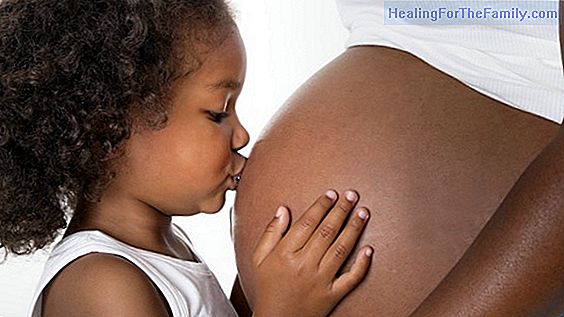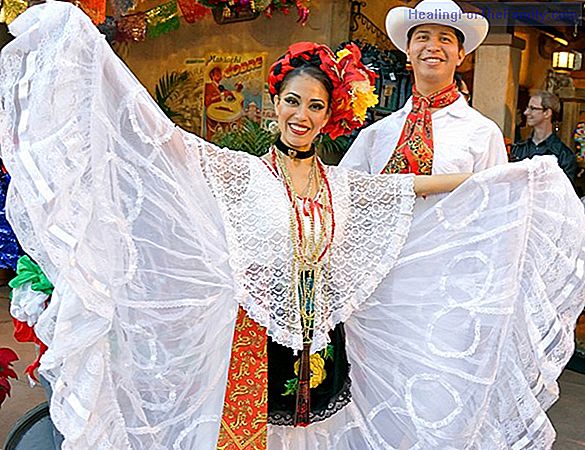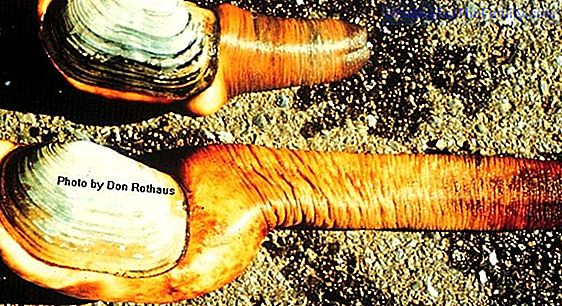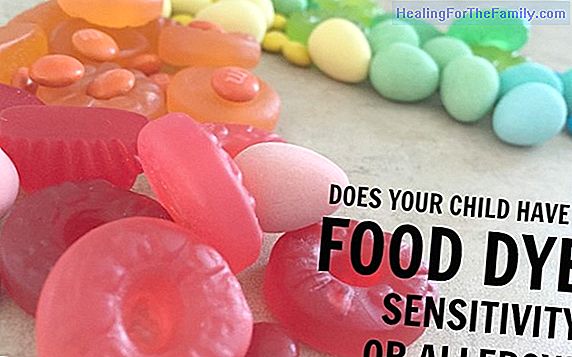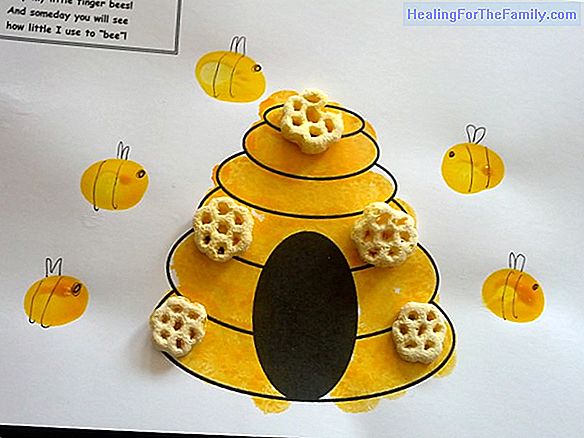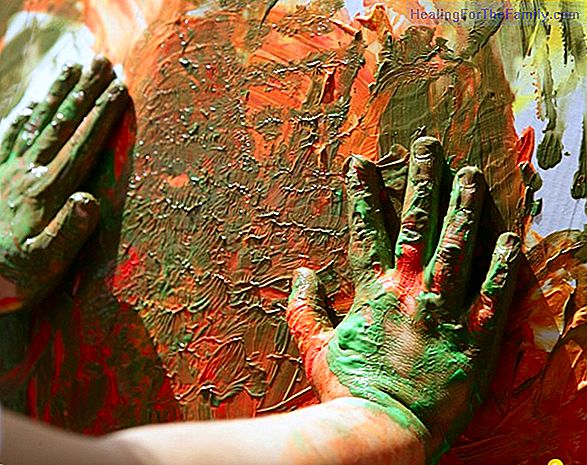Starting at what age a baby starts talking
Many parents worry that their child may have a speech problem, and they wonder when they should say their first words? Everything depends on the evolution of each child, although as a general rule, all babies follow a similar evolution. The first thing will be the development of the organs involved
Many parents worry that their child may have a speech problem, and they wonder when they should say their first words? Everything depends on the evolution of each child, although as a general rule, all babies follow a similar evolution.
The first thing will be the development of the organs involved in the ability to speak. Then come the stage of imitation and babbling and later, the first words.
Development of the baby's speech organs
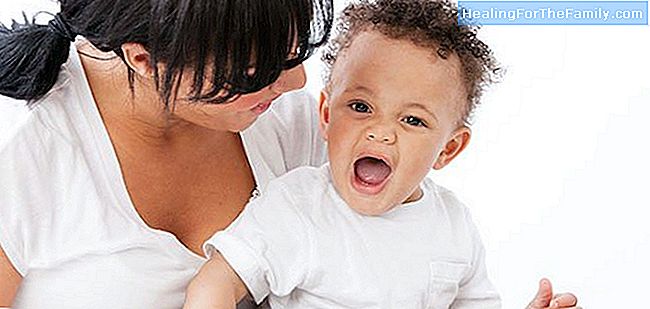
In order for the baby to speak, he needs the organs involved in speech to develop.
1. Larynx:at birth it is a third of its adult size. It is located on the upper part of the neck, as the baby grows it descends. Before this happens, it is located under the oral cavity in the pharynx.
2.Vocal cords:are membranes that fold in the larynx where they receive air currents.
3.Language and lips:these cavities are what provide the quality and personal resonance of each voice.
4.Verbal sounds:the first time the baby exercises his vocal cords is emitting a cry after childbirth. The first few weeks is the only sound it will emit, but parents will begin to distinguish the different types of crying. Each crying has a different tone and volume
The evolution of speech in babies
The baby's need to babble the first few months is innate, however his need to babble a spoken language learns it by imitation
- Vocabulary building:a fifteen months the baby knows 19 words and close to his second birthday is able to pronounce between 200 and 300. With these words can form primary phrases using verbs, pronouns and plurals. Everything depends on the baby, its development and its stimulation.
- Babbling:the baby makes sounds that parents imitate, it is beneficial for the baby because it helps him recognize familiar words and sounds. The first year they learn by imitation, so once the year is over we must speak well to the baby to provide a variety of sounds
Stage of imitation of the baby
Oral communication includes two different elements, listening to the sounds and playing them, the baby is always it is better to hear the sounds than to play them
- Listen:even in the uterus, the fetus of 6 or 7 months is already able to perceive sounds of the outside world. When a baby is born and differentiates the mother's voice from the others.
-Stutter:The sounds that baby produces occur through a series of stages throughout the first year. With only 1 or 2 months, the baby discovers that he can babble by pushing the tongue lightly by the lips and closing them, this way he begins to investigate and know his mouth and his tongue emitting different sounds.
-Lullaby:at 3 months the babbling is already sound and discover its ability to produce sounds. At first it only produces grunts and noises but soon begins to pronounce the first vowels "ooohh" "aaah" ....
-Advanced babbling:at 6 months the babbling reaches its maximum potential, it is so funny that even when the baby just keeps babbling enchanted. The baby pronounces monosyllabic sounds by joining consonants and vowels. These sounds are emissions without even meaning



